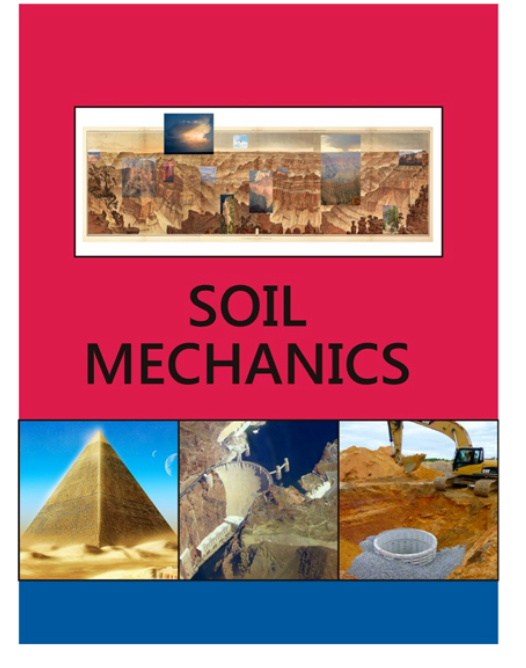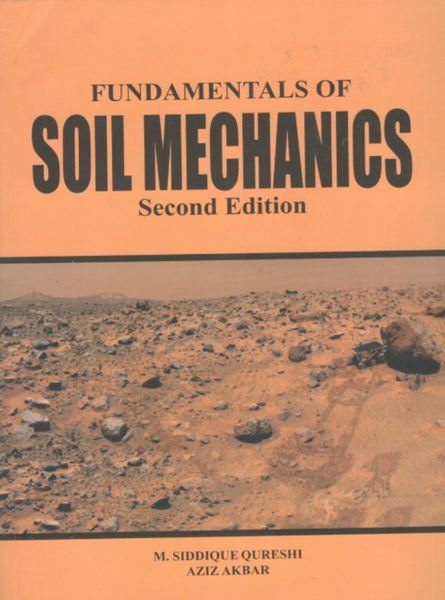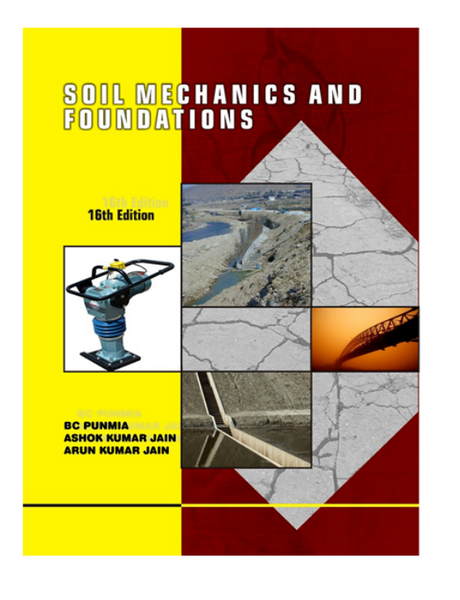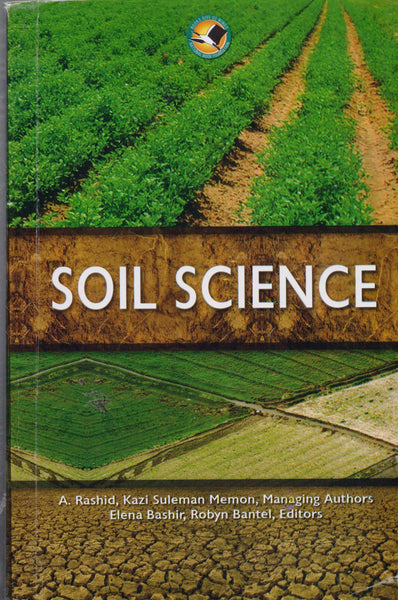Soil Mechanics by Alfreds R Jumikis
- Publisher: ENGINEERING
- Availability: In Stock
- SKU: 02878
Rs.500.00
Rs.750.00
Tags: Alfreds R. Jumikis , bearing capacity , best books , Best Price , best prices , best shop , BNB , bookshop , bookshop online , bookshopPakistan , buy online books , cohesion and friction , compaction tests , consolidation theory , earth materials , earthworks , foundation engineering , geotechnical engineering , geotechnical testing , good books , good booksonline , online books store , Online Bookshop , Online Bookshop Pakistan , online shopping , Online Shopping Pakistan , OnlineShoppingPakistan , PakistanBookshop , PakistanOnlineShopping , permeability of soil , plasticity in soils , price cut , price-friendly Comprehensive , ReasonablePrice , reduced price , Shopping , ShopSmartPakistan , soil and foundation interaction , soil behavior , soil compaction , soil composition , soil consolidation , soil deformation , soil dynamics , soil engineering , Soil Mechanics , soil mechanics analysis , soil mechanics principles , soil mechanics theory , soil pressure , soil properties , soil properties testing , soil resistance , soil shear strength , soil stabilization , soil strength , soil testing , soil types , soil volume change , soil-structure interaction , stress in soils , stress-strain behavior , subgrade properties
Soil Mechanics by Alfred R. Jumikis is a comprehensive textbook that delves into the study of soil behavior under various loading conditions, focusing on the principles and practices of geotechnical engineering. Designed primarily for students and professionals in civil engineering and related fields, this book covers the fundamental aspects of soil mechanics, including the physical and mechanical properties of soil, soil classification, compaction, consolidation, shear strength, and permeability. It emphasizes both theoretical concepts and practical applications, providing readers with the necessary tools to understand and analyze soil behavior in construction and foundation design. With clear explanations, numerous examples, and practical problem-solving techniques, this book serves as an essential resource for anyone studying or working in the field of soil mechanics and geotechnical engineering.
Key Points:
-
Soil Properties: The book covers the essential physical and mechanical properties of soil, such as texture, structure, porosity, and compaction, providing a strong foundation in understanding soil behavior.
-
Soil Classification: Detailed discussions on the classification of soils based on grain size, plasticity, and other characteristics help readers determine appropriate types of soils for construction and engineering purposes.
-
Consolidation and Settlement: The book thoroughly explains the process of soil consolidation under load, focusing on settlement analysis and the factors influencing the rate and magnitude of settlement in soil.
-
Shear Strength of Soils: One of the core topics in soil mechanics, the shear strength of soil is explored, with discussions on Mohr-Coulomb theory, effective stress, and failure conditions.
-
Permeability and Flow in Soils: The book covers the permeability of soils and the principles governing fluid flow through soil, crucial for understanding groundwater movement and designing drainage systems.
-
Laboratory and Field Testing: Practical aspects of soil mechanics are highlighted through various laboratory and field testing methods, such as the standard proctor test, direct shear test, and triaxial test, to assess soil properties and behavior.
-
Soil Mechanics in Engineering Design: The text connects soil mechanics to real-world engineering problems, especially foundation design, slope stability, and retaining wall construction.
-
Soil Compaction: Detailed analysis of compaction methods and their impact on soil properties, with a focus on improving the load-bearing capacity of soils for construction projects.
-
Applications in Geotechnical Engineering: The book provides examples of how soil mechanics principles are applied in geotechnical engineering, including foundation design, soil stabilization, and earthquake engineering.
-
Problem-Solving Techniques: Throughout the book, numerous examples, problems, and solutions are provided, helping readers grasp complex concepts and prepare for practical applications in soil mechanics and geotechnical engineering.
Conclusion:
Soil Mechanics by Alfred R. Jumikis is a well-rounded, detailed resource that covers both the theoretical and practical aspects of soil behavior and its application in engineering. Its clear structure, comprehensive coverage of fundamental topics, and practical problem-solving approach make it an essential textbook for students and professionals in civil engineering, especially those specializing in geotechnical engineering. By bridging the gap between theory and practice, this book provides readers with the necessary knowledge to tackle real-world soil-related engineering challenges.
════ ⋆★⋆ ═══
Writer ✤ Alfreds R. Jumikis






















 English
English اردو
اردو